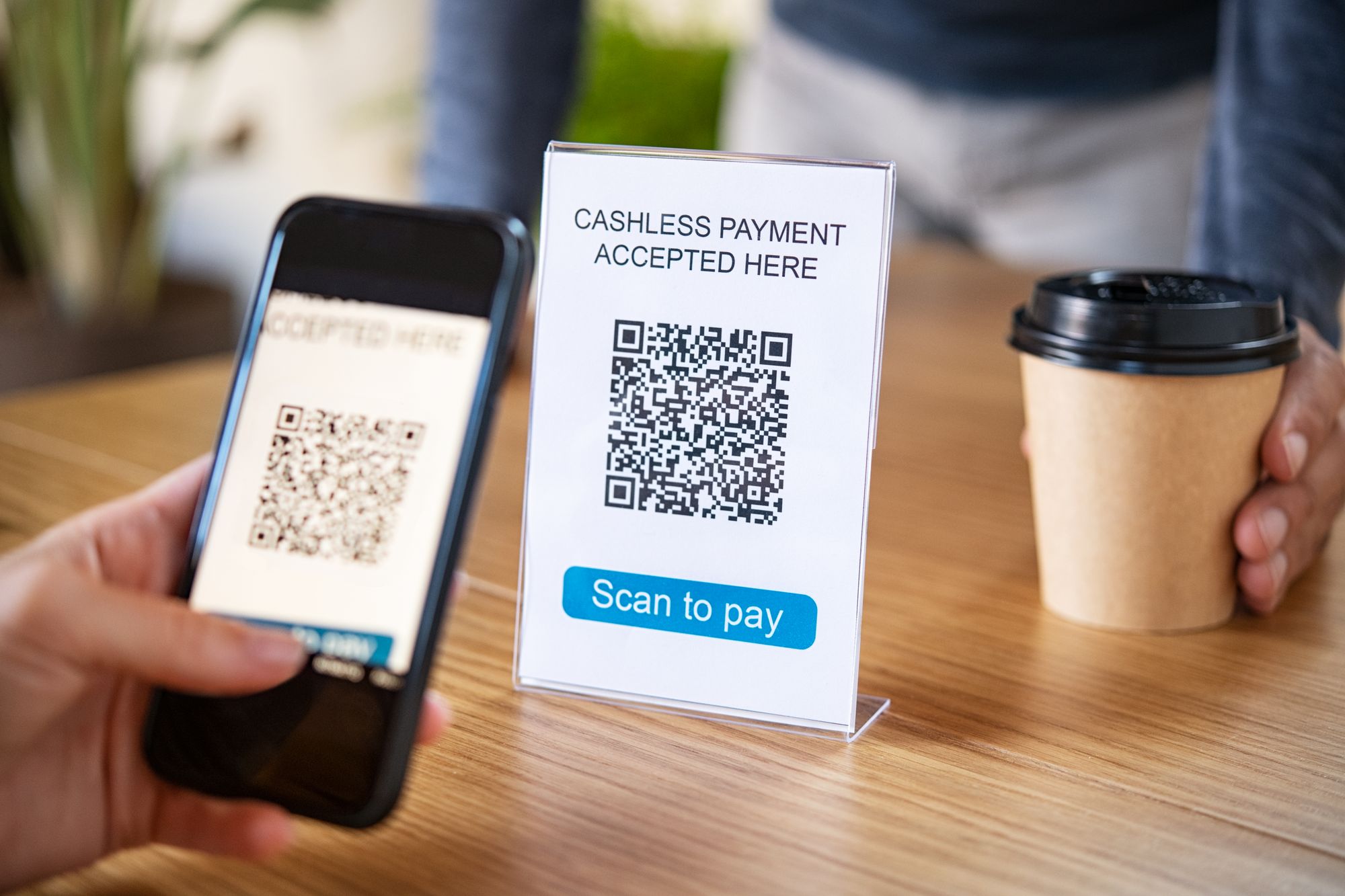Tap, Pay, Transform: How Digital Payments Are More Than Just a Transaction
Delving into the world-changing impact of digital payments. It's not just about money; it's about shaping our future.

In a recent case room discussion led by Professor Camus at the Asian Institute of Management, we delved into the rapid proliferation of digital payments. The transformation is not just technological; it's fundamentally altering the way we conceptualize and engage with money. This article aims to dissect this disruptive trend and shed light on its far-reaching implications.
The Decline of Cash Transactions:
Cash has long been king, but the throne is shaking. According to studies, digital transactions are expected to surpass cash transactions globally within the next few years. In Asian countries like China, the latest research shows that digital payment penetration in China has already exceeded 85.4% as of December 2022. China's cumulated digital payment value has reached 3.5 trillion USD, making the country a clear global leader for digital payments, where WeChat Pay and Alipay account for 91% of all digital payments. (Source Statista)
Enhanced User Experience:
Digital payments provide users with unprecedented convenience and speed, leading to increased customer satisfaction and potentially higher spending. For example, platforms like GrabPay in Southeast Asia have streamlined payments for transportation, thereby increasing usage and customer loyalty.
Data-Driven Decisions:
Digital payments generate a vast amount of data. This data, when analyzed responsibly, can lead to better financial products tailored to individual needs. A good example is the Credit scoring algorithms that use digital transaction history to assess creditworthiness, thus opening doors for those without traditional credit histories.
Regulatory Hurdles and Security Concerns:
While digital payments offer numerous benefits, they are not without challenges. Regulatory frameworks need to evolve at the same pace to address concerns like data privacy and cybersecurity. This is a moving target and requires ongoing dialogues among lawmakers, financial institutions, and consumers. Without robust regulations, the very technologies that aim to simplify our lives could complicate them in unforeseen ways.
Societal Impact:
The rise in digital payments has far-reaching implications that extend beyond economics, affecting how societies operate. From how we shop, save, and even interact, digital payments are doing more than just facilitating transactions; they're changing social norms. One of the most compelling societal impacts of digital payments is financial inclusion. In many developing countries, formal banking is a luxury out of reach for millions. Digital payments, however, have democratized access to basic financial services.
History teaches us that every innovation comes with both challenges and opportunities. Just like the advent of the internet transformed how we communicate but also introduced cybersecurity risks, digital payments are similarly double-edged. While they're breaking down barriers and making our lives easier, we must stay vigilant to ensure data privacy and security. So, as we stand on the cusp of this financial revolution, let's not just be passive consumers but active participants. Let's learn from past innovations to navigate the complexities and unlock the full potential of digital payments. The future is bright, the opportunities are endless, and the power to shape this landscape is, quite literally, in our hands.

